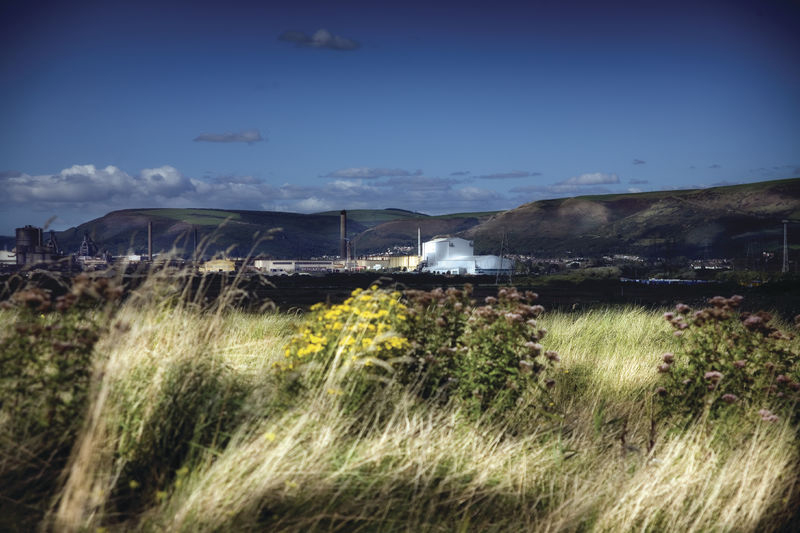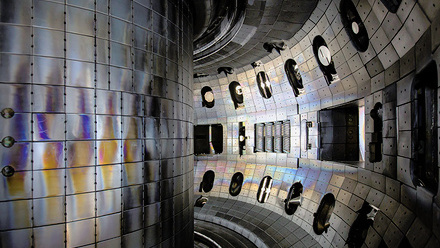Tata Steel addresses concerns over blast furnace closure
Further to announcing the closure of blast furnaces at Port Talbot, Tata Steel addresses concerns over its electric arc furnace investment.

The steelmaker's plans to close it's blast furnaces in Port Talbot, Wales, will affect up to 2,800 employees. Understandably, there have been many questions.
Under the restructuring plan, Port Talbot’s two high-emission blast furnaces and coke ovens would close in a phased manner, with the first blast furnace closing around mid-2024 and the remaining heavy-end assets would wind down during the second half of 2024.
Tata Steel says the UK Government's support for this decarbonisation pathway will secure a sustainable future for steelmaking in Port Talbot and the supply chain it serves.
Unlike blast furnaces, electric arc furnaces (EAFs) use high-current electricity to melt predominantly scrap instead of iron ore, coal and other carbon-intensive fuels. The steelmaker forecasts a potential carbon emissions reduction from the Port Talbot site of 5Mt a year by 2030.
Following the finalisation of terms with the government and appropriate due diligence, EAF steelmaking could be operational within 36 months of planning approvals. The new EAF capacity would be ~3Mt, similar to current output, says Tata Steel.
It has clarified its initial phrasing of a 'deep restructuring' to mean that the transition to EAF steelmaking may require restructuring of end-of-life, carbon-intensive and unsustainable heavy-end assets at Port Talbot.
Regarding questions over other UK sites, Tata Steel says, 'While the steelmaking process would change under the proposals we’ve announced, the output of the business will continue to flex to meet the prevailing needs of the market.'
An EAF was chosen because the UK exports more steel scrap than any other country apart from the US - 8Mt a year - meaning a reliable supply. Using this plentiful domestic supply to re-make it into new products for British and other manufacturers makes more sense, report Tata Steel.
The steelmaker says it is a well established and proven way to make high-quality steel, and many of their existing 'heavy end' plants are reaching end-of-life. With investment cycles being typically more than 20 years, they would be committing to make steel beyond 2050, which is at odds with government plans to phase out coal.
Tata Steel claims that more complex grades of steels have been developed in the US using EAF and for demanding end-uses, including the automotive sector. The company highlights its two new innovation centres at the University of Manchester and Imperial College London.
The consultation process with trade union partners is planned to start 'as soon as possible'. Tata Steel says it seeks to implement changes in a responsible manner.
Unite general secretary Sharon Graham says, 'Tata’s confirmation that it wants to see the details of the Labour Party’s spending plans on steel and that it will look at other options if there is more capital investment funding available is hugely significant. Labour has already been clear that the funding is there. We now need to make sure that everything possible is being done to keep virgin steel making at Port Talbot while they bring in the planned electric arc furnace.
'This is crunch time for UK steel and the future of Port Talbot –Tata must change direction. Unite will not stop fighting until they do.'







